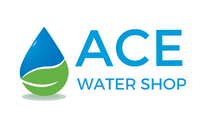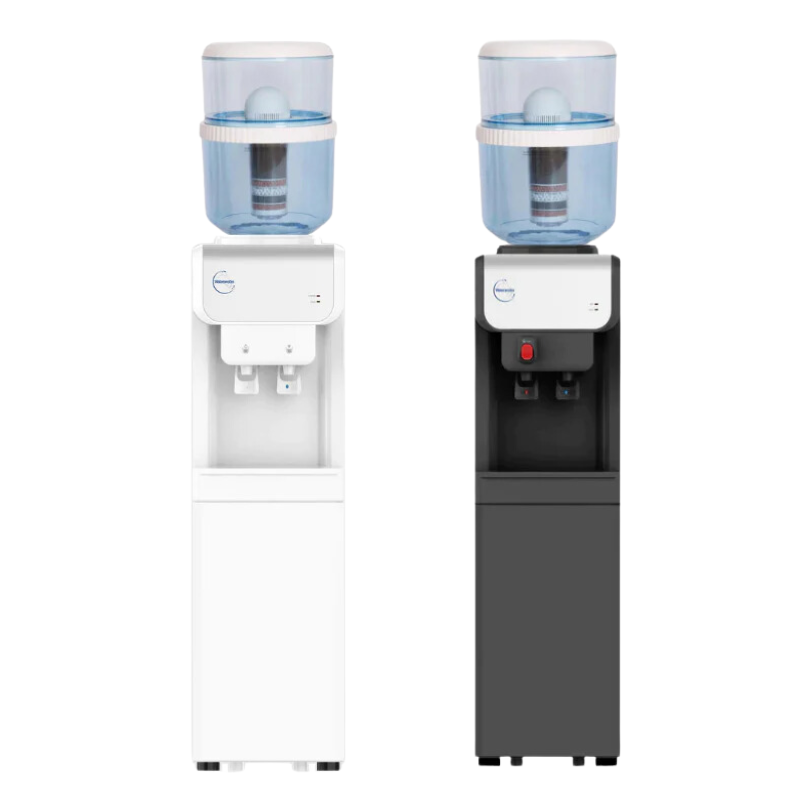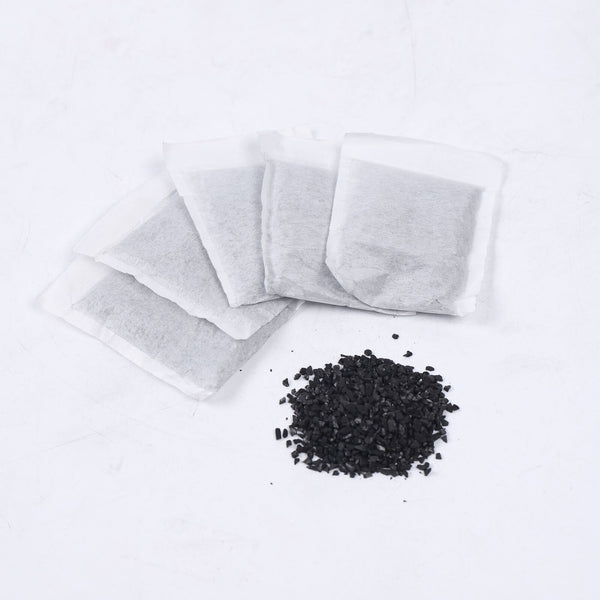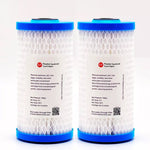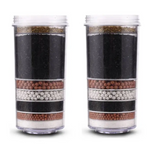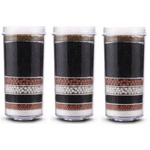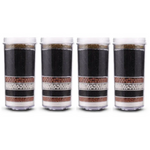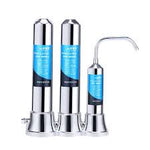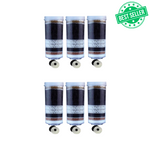You have no items in your shopping cart.
If you’ve ever dealt with soap that won’t lather, stubborn laundry stains, or a crusty white deposit around your faucets, you've encountered the common household enemy: hard water. Today, we're going to dive into everything you need to know about hard water, its effects, and how to manage it. Welcome to Hard Water 101!
What Is Hard Water?
Hard water is distinguished by its significant concentration of dissolved minerals, predominantly calcium and magnesium. These minerals are natural and generally harmless to our health, but they can cause a host of annoying and costly issues around the house.
To further understand hard water, we need to take a step back and look at the water cycle. Rainwater is inherently soft when it descends from the sky. Yet, as it travels across the earth's surface and navigates our water systems, it accumulates minerals such as calcium and magnesium. The greater the mineral content, the harder the water becomes.

Contrary to what some might think, hard water is not a health hazard. In fact, the World Health Organization states that there's no convincing evidence that hard water causes adverse health effects in humans.
The Science Behind the Hardness
At a molecular level, when you heat hard water, the calcium and magnesium bicarbonates convert into their respective carbonates, which are less soluble. That's why you often see a limescale build-up in your kettles and heating systems.
How Is Water Hardness Measured?
The level of water hardness is quantified using different units of measurement, including grains per gallon (GPG), milligrams per litre (mg/L), or parts per million (ppm).Water hardness usually falls into one of the four categories: soft, moderately hard, hard, and very hard. The Australian Water Association recommends levels of hardness between 60-200mg/L as being suitable for domestic use.

Effects of Hard Water
Hard water can cause a myriad of issues at home. Let's explore some common ones.
- Soap Scum: Hard water makes it difficult for soap to dissolve properly, leading to scum build-up on your dishes, clothes, and even your skin and hair.
- Appliance Lifespan: The minerals in hard water can build up inside appliances, reducing their efficiency and lifespan.
- Plumbing Problems: Over time, hard water can cause scale deposits in your pipes, leading to clogs and reducing water flow.
Hard water's effects extend beyond the merely annoying to potentially costly. Here's a deeper look at some issues:
- Dishwasher Woes: Hard water can leave spots and residue on your dishes and glasses. The mineral build-up can also decrease the efficiency of your dishwasher over time.
- Laundry Problems: Hard water can make your clothes feel hard and rough, not to mention dull their colours. It also affects the efficiency of your detergent.
- Skin and Hair Issues: Hard water can cause dry skin and hair since it's not as effective at rinsing away soap. It might even lead to skin conditions like eczema.
- Heating Expenses: If you're using a tank-style water heater, hard water can lead to sediment build-up in the tank, reducing its efficiency and driving up your heating costs.
Identifying Hard Water
Here are a few signs you might have hard water at home:
- Your soap and shampoo don't lather well.
- There are white, chalky deposits on your faucets and fixtures.
- Your clothes look dull and feel scratchy after washing.
- Your appliances like your dishwasher and washing machine aren't performing as efficiently as they should.
Testing for Hard Water
If you suspect you have hard water, it's important to confirm it. Testing kits are widely available and easy to use. Alternatively, professional services can offer a more accurate reading.
There are multiple ways to test for hard water:
- At-Home Test Kits: These kits, available online or at your local home improvement store, typically include test strips that change colour to indicate the level of hardness.
- DIY Testing: For a simple and speedy assessment, take a transparent bottle, fill it with tap water, introduce a few droplets of undiluted liquid soap, and give it a good shake. If you get a lot of bubbles with clear water underneath, you likely have soft water. If it creates fewer bubbles and the water is cloudy, it's probably hard.
- Professional Water Testing: For a comprehensive analysis, consider a professional water test. Companies like Ace Water Shop offer thorough testing services to measure water hardness and other quality indicators.
Solving Hard Water Issues
Dealing with hard water is not a one-size-fits-all scenario. Here are a few common ways:
- Water Softeners: These devices, connected directly to your home's water supply, are the most common solution. They use salt in an ion exchange process to remove hard minerals. Though effective, they do add sodium to the water, which some people may wish to avoid.
- Salt-Free Water Conditioners: These systems neutralize hard minerals instead of removing them, preventing build-up without adding sodium. They're low-maintenance but may not be as effective as traditional softeners.
- Reverse Osmosis Systems: These advanced systems filter out most contaminants, including hard minerals. While they're highly effective, they're also more expensive and produce wastewater.
- 8-Stage KDF Water Filters: In addition to reverse osmosis systems, 8-stage KDF (Kinetic Degradation Fluxion) water filters are an excellent option for addressing hard water issues. These filters utilize a combination of KDF media, activated carbon, and other filtration stages to remove chlorine, heavy metals, and other impurities. Specifically, the KDF media is highly effective at reducing scale and hard minerals, making it a practical solution for households dealing with hard water. Moreover, these filters are typically more cost-effective than reverse osmosis systems and do not produce wastewater, making them a more environmentally friendly option.
Conclusion
Understanding hard water is the first step to tackling its challenges. By being informed, you can make the best decision for your home and your family.
At Ace Water Shop, we are committed to helping homeowners navigate the tricky waters of home water quality. Whether it's supplying water treatment products or offering advice, we're here for you. So, why wait? Get in touch with us today and say goodbye to the issues caused by hard water.
Remember, when it comes to water quality, knowledge is power. And now that you're armed with your hard water 101, you have everything you need to keep your water soft and your home running smoothly.
